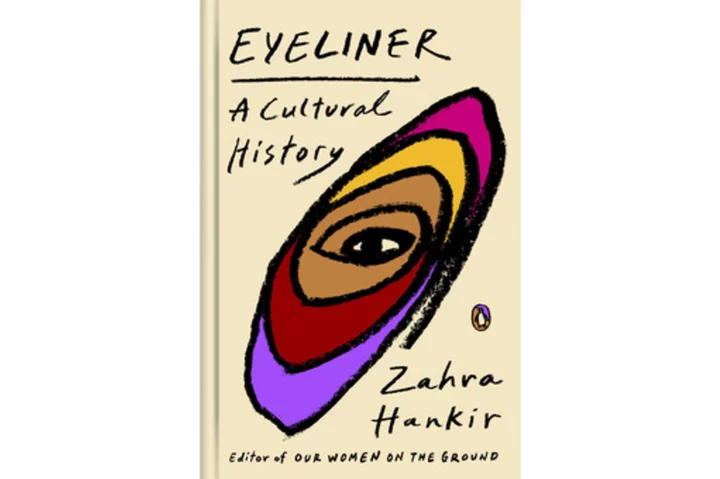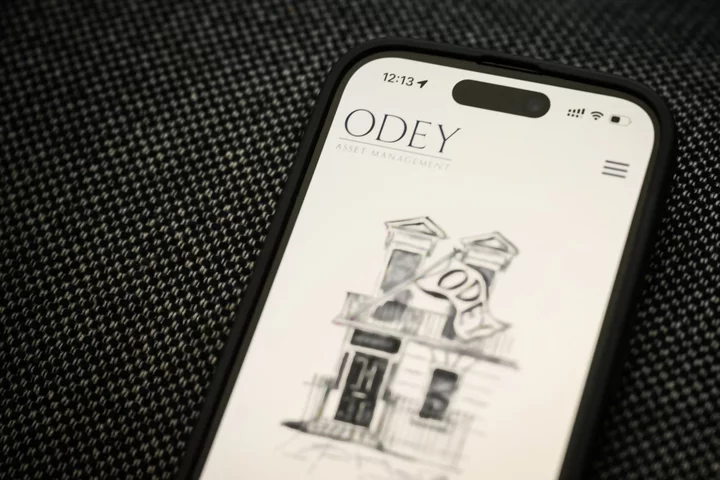Zahra Hankir opens “Eyeliner: A Cultural History” by marveling over her mother’s elegant beauty process as she delicately sweeps black kohl on her waterline, dreaming of displaying that same confidence one day.
For Hankir, eyeliner is more than just a cosmetic product. It provides protection and empowerment. It provides cultural connection. It exists beyond borders, gender roles and Western beauty standards. Lining one’s waterline or drawing a delicate black line across an eyelid is more than aesthetics. For many of the underrepresented groups and communities of color highlighted in Hankir’s book, applying the product is a ritual deeply rooted in spirituality, culture, identity and more. If self-care is an act of resistance, then eyeliner is a tool in the rebellion.
The Lebanese-British journalist seamlessly takes her readers on a global investigation of how the cosmetic product is used worldwide. Through intimate narratives with varied characters from different cultures and communities, we learn more about the product’s rise in prominence while having a fly-on-the-wall inside look at the ways it serves medicinal purposes, fuels spiritual practices, uplifts self-expression and how its mere existence on someone’s eyelid can be viewed as a form of defiance.
Hankir begins this thoroughly researched journey by educating her readers on Egypt’s Queen Nefertiti and her rise as a symbol of “ideal feminine beauty.” The Egyptian queen posthumously influenced mainstream culture, leading eventually to the beauty item's spot in shopping mall stores and in makeup ads across Western society. But while detailing Nefertiti’s legacy, Hankir does not shy away from reflecting on how the queen’s thick-lined trademark became twisted and co-opted by white Western culture. She addresses it head-on and shares the complete history of its popularity. All of the good and the bad that follows popularity.
The book is a little over 300 pages long and packs enough information for readers to walk away with more in-depth knowledge of the staple product sitting idly inside their makeup bag. As readers twist open their liner applicator, they’ll be reminded of the Wodaabe men who wear kohl to enhance their appearance and attract a partner in a ritual ceremony. They’ll think of artists like Shirin Neshat, who wear the item as a form of solidarity for the women back home who cannot publicly line their eyes. They’ll remember the drag queens who drew on their bold, exaggerated liner as they prepared to perform and the stories of the Cholas in Mexican-American culture who wore the product, expressing their dual femininity and strength.
“Eyeliner” comes full circle, highlighting today’s beauty influencers and allowing viewers to see the ripple effects of popularity and cultural exchange as this one beauty product carries the constant line of simultaneously emphasizing the beauty and power each person possesses as they line their eyes and prepare to embark on their personal journeys.
___
AP book reviews: https://apnews.com/hub/book-reviews









